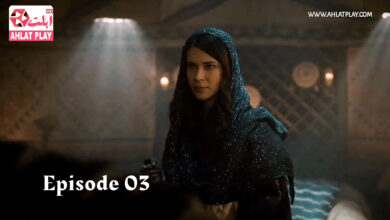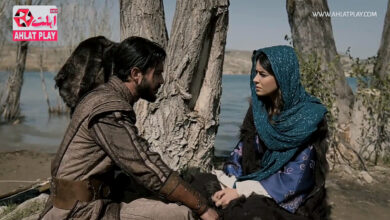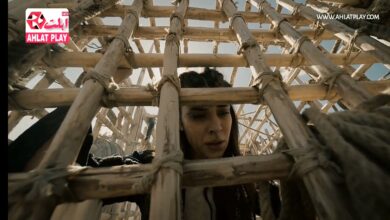Mevlana Rumi Season 3 Episode 5 with Urdu Subtitles
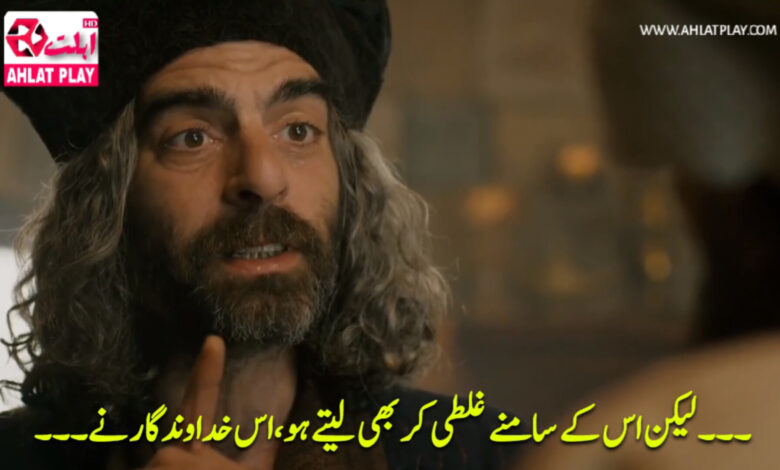
Mevlana Rumi Season 3 Episode 5 (Urdu Subtitles): A Deep Dive into Omer’s Return, Love and Care, and the Power Struggle
The historical and spiritual Turkish series “Mevlana Rumi” has continued to captivate its audience with a blend of poetic mysticism and dramatic political tension. In Season 3 Episode 5, viewers witness a rich convergence of personal comebacks, heartfelt relationships, and intense power struggles. For fans watching with Urdu subtitles, this episode offers a beautifully translated window into the emotional and spiritual world of Rumi and the complexities surrounding him.
Let’s explore the three central themes that define this episode: Omer’s return (comeback), the expressions of love and care, and the rising tension between Sultan Hatun and the Vezir.
1. Omer’s Comeback: A Return That Stirs Old Emotions
Perhaps the most striking moment of Episode 5 is the unexpected return of Omer, a character long thought to be gone or sidelined. His reappearance is not just a narrative twist—it’s symbolic. Omer has always represented a link to the past, a part of Rumi’s world that is grounded in brotherhood, loyalty, and unspoken truths.
As he steps back into the lives of his companions, especially in the spiritual community of Konya, there’s an immediate shift. His presence is heavy with unspoken tension. Old relationships are rekindled, but not without friction. Those who remained behind have changed, matured, or shifted in their alliances. Omer’s return causes ripples among Rumi’s followers, raising questions about loyalty, purpose, and whether the bonds of the past still hold strong.
The Urdu subtitles do a graceful job of capturing the nuances of Omer’s dialogue—his introspection, his guarded pain, and his cautious warmth toward old friends like Husam and even Rumi himself. For Urdu-speaking viewers, the language brings a soulful clarity to his expressions, making his scenes even more impactful.
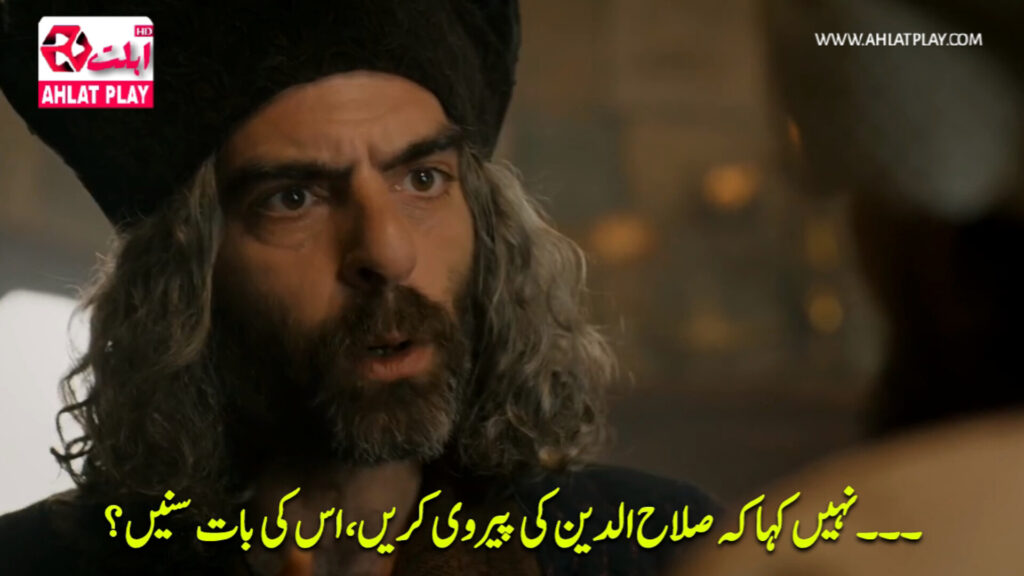
2. Love and Care: The Heartbeat of Mevlana’s Teachings
True to the essence of Mevlana Rumi’s message, Episode 5 deeply explores the theme of love and care. These values aren’t presented as lofty ideals; they’re shown in action, in the daily lives of the people surrounding Rumi.
One of the most touching scenes is between Rumi and a young student who is battling inner turmoil. Instead of rebuking him, Rumi listens patiently, offering spiritual guidance wrapped in genuine compassion. It’s in these quieter moments that the series shines brightest. Rumi doesn’t preach—he lives the principles of love, forgiveness, and understanding.
Another subtle yet powerful depiction of care is shown through Kerra, a healer and close companion to the community, who tends to the wounds of both body and spirit. Her scenes, though not always central to the plot, anchor the episode in a nurturing energy. She represents the silent strength of women in Rumi’s circle—those who mend, protect, and uplift without seeking recognition.
The Urdu subtitles do well to preserve the poetic softness of these moments. Words like mohabbat, rehmat, and khuloos give viewers a spiritual resonance that’s uniquely relatable to South Asian audiences familiar with Sufi terminology.
3. Sultan Hatun vs Vezir: The Battle Behind the Curtain
While the spiritual themes form the soul of the episode, the political tension between Sultan Hatun and the Vezir provides the fire. Sultan Hatun, increasingly aware of the Vezir’s manipulations, begins to assert her influence more directly. What begins as subtle exchanges of power and influence quickly escalates into a full-blown confrontation.
Sultan Hatun represents the voice of reason and compassion in a palace that is gradually being consumed by ambition and treachery. Her confrontation with the Vezir is not just personal—it’s ideological. She stands for justice, balance, and protecting the values that Rumi and his followers strive for. The Vezir, on the other hand, is a symbol of the crumbling political world—one where power trumps peace, and control replaces care.
Their dialogue is sharp, strategic, and layered with historical undertones. Urdu subtitles effectively highlight the royal tone and political gravity of their confrontation. The translation does justice to Sultan Hatun’s powerful statements, helping viewers understand her tactical brilliance and moral strength.
This rivalry is expected to intensify in the coming episodes, potentially affecting the safety of Rumi’s community. The looming threat is not just from external enemies—it’s from the very system meant to protect them.
Aesthetic Brilliance and Symbolic Imagery
Episode 5 is also visually striking. The spiritual gatherings, lit with soft golden tones and shadowed silhouettes of whirling dervishes, continue to be a feast for the eyes. Each scene is carefully composed, reflecting the poetry of Rumi’s teachings. The return of Omer is marked by a symbolic use of light and silence—he arrives at dusk, blending into the shadows, hinting at both mystery and revelation.
One scene that stands out is a shared moment of silence between Rumi and Omer in the sema hall, where their eyes speak more than words. This artistic direction gives the audience room to reflect—just as Rumi’s poetry invites us to pause and look inward.
Final Thoughts: A Perfect Blend of Spirit and Storytelling
Season 3 Episode 5 of Mevlana Rumi, especially with Urdu subtitles, offers a beautifully layered experience. It merges historical drama with spiritual insight, political intrigue with human emotion. The return of Omer introduces a powerful wildcard. The themes of love and care add soul to the story, while the clash between Sultan Hatun and the Vezir adds tension and urgency.
For Urdu-speaking fans, the episode’s subtitles do more than just translate—they transform. They connect viewers to the emotional heart of the characters, and to the wisdom of Mevlana Rumi in a language that carries its own spiritual weight.
As the season progresses, this episode sets the stage for bigger challenges ahead—both within the palace and in the hearts of Rumi’s followers. One thing is certain: the path of love and truth will be tested, but as Rumi once said, “The wound is the place where the light enters you.”
